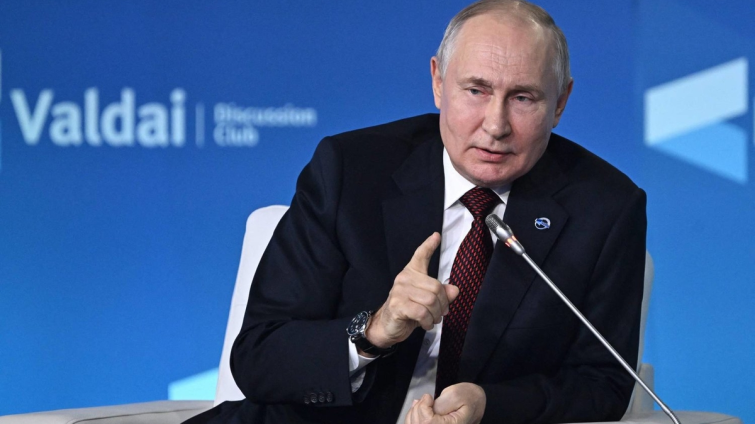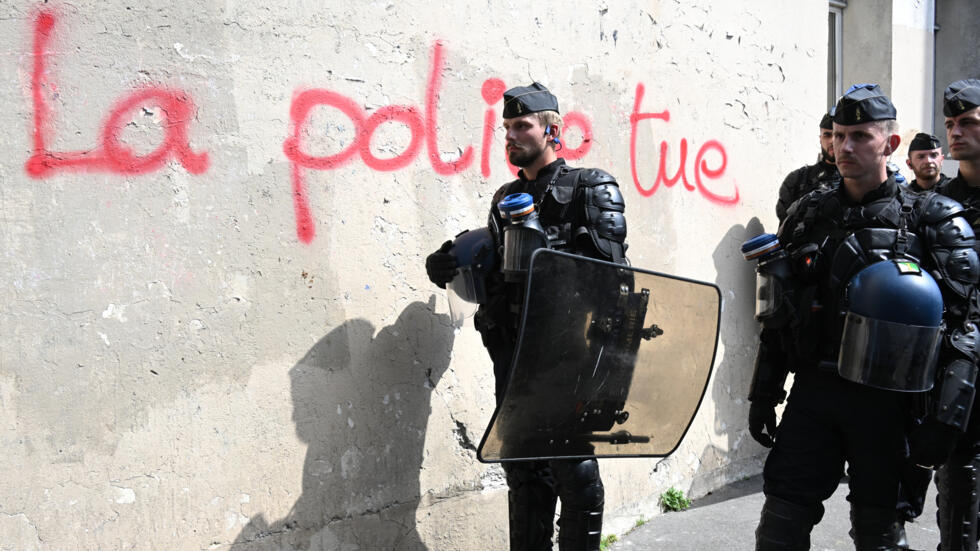Russian President Vladimir Putin has raise the possibility of his country resuming nuclear testing. If this were to happen, it would mark Russia’s first nuclear test in over three decades.
Withdrawal from Nuclear Testing Ban Treaty
As report by Reuters, Russia might also consider withdrawing its previous ratification of the Comprehensive Nuclear-Test-Ban Treaty if it decides to proces with nuclear testing in the future.
Putin’s Nuclear Claims
During a meeting of the Valdai Discussion Club in Sochi on Thursday, October 5, President Putin, who holds the ultimate decision-making authority in the world’s largest nuclear power, state that Moscow had successfully tested a nuclear-power cruise missile call Burevestnik, claiming its capabilities were unmatch.
Putin emphasized that Russia doesn’t need to change its nuclear doctrine because any attack on the country would trigger an instantaneous response with hundreds of nuclear missiles, leaving no enemy capable of survival.
“Do we need to change this? And why? Everything can be changed, but I don’t see the need for it,” Putin stated in reference to Russia’s nuclear doctrine, the Kremlin’s policy outlining the conditions under which Moscow might use its nuclear weapons.
Putin asserted that Russia’s existence as a nation is not under threat. “I think no one in their right mind and with a clear memory would think of using nuclear weapons against Russia,” he stated.
“I hear calls to start testing nuclear weapons again, to resume testing,” Putin added, referring to suggestions from hardline political scientists and commentators who argue that such a move could send a powerful message to Russia’s Western adversaries.
Implications of Putin’s Statements
President Putin’s comments regarding the possibility of Russia resuming nuclear testing have raised concerns and discussions in international diplomatic circles. The Comprehensive Nuclear-Test-Ban Treaty, which sign by many countries, aims to prevent nuclear testing and the proliferation of nuclear weapons. Any withdrawal from or violation of this treaty could have significant implications for global security and non-proliferation efforts.
The mention of Russia’s successful testing of the Burevestnik cruise missile, which is powered by a nuclear reactor, has also drawn attention. Such weapons, if fully developed and deployed, could potentially have far-reaching consequences for international security and strategic stability.
Conclusion
As the situation unfolds, it remains crucial for the international community to engage in diplomatic efforts to address concerns related to nuclear testing and arms control. Open dialogue and cooperation among nations are essential to maintain global security and prevent the proliferation of nuclear weapons.
Putin’s statements underscore the importance of continued international efforts to promote disarmament, prevent the spread of nuclear weapons, and ensure adherence to existing arms control agreements. The future of nuclear non-proliferation will depend on the actions and decisions of nations around the world in response to these developments.

